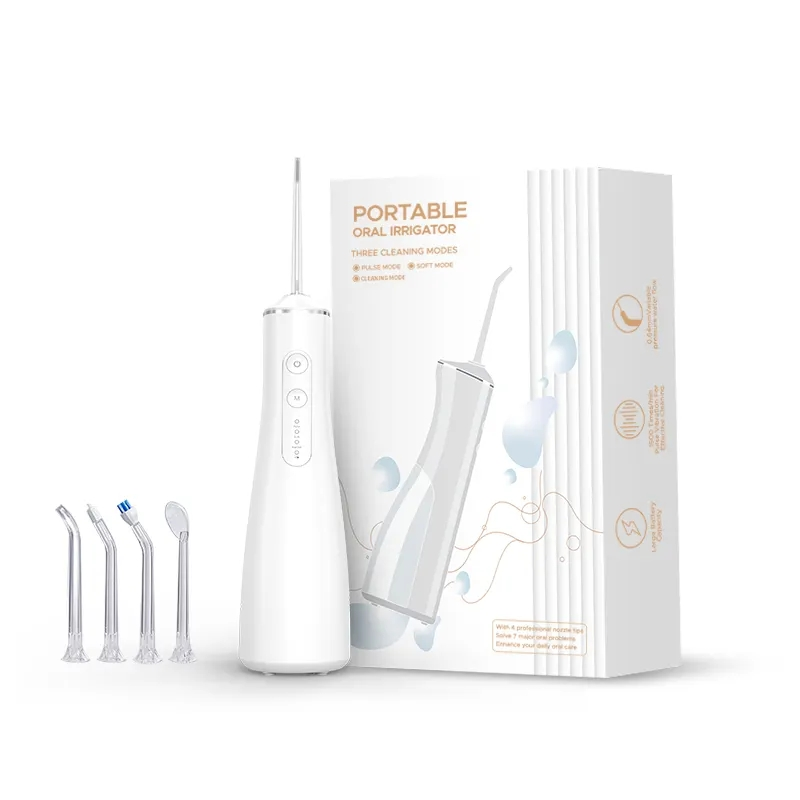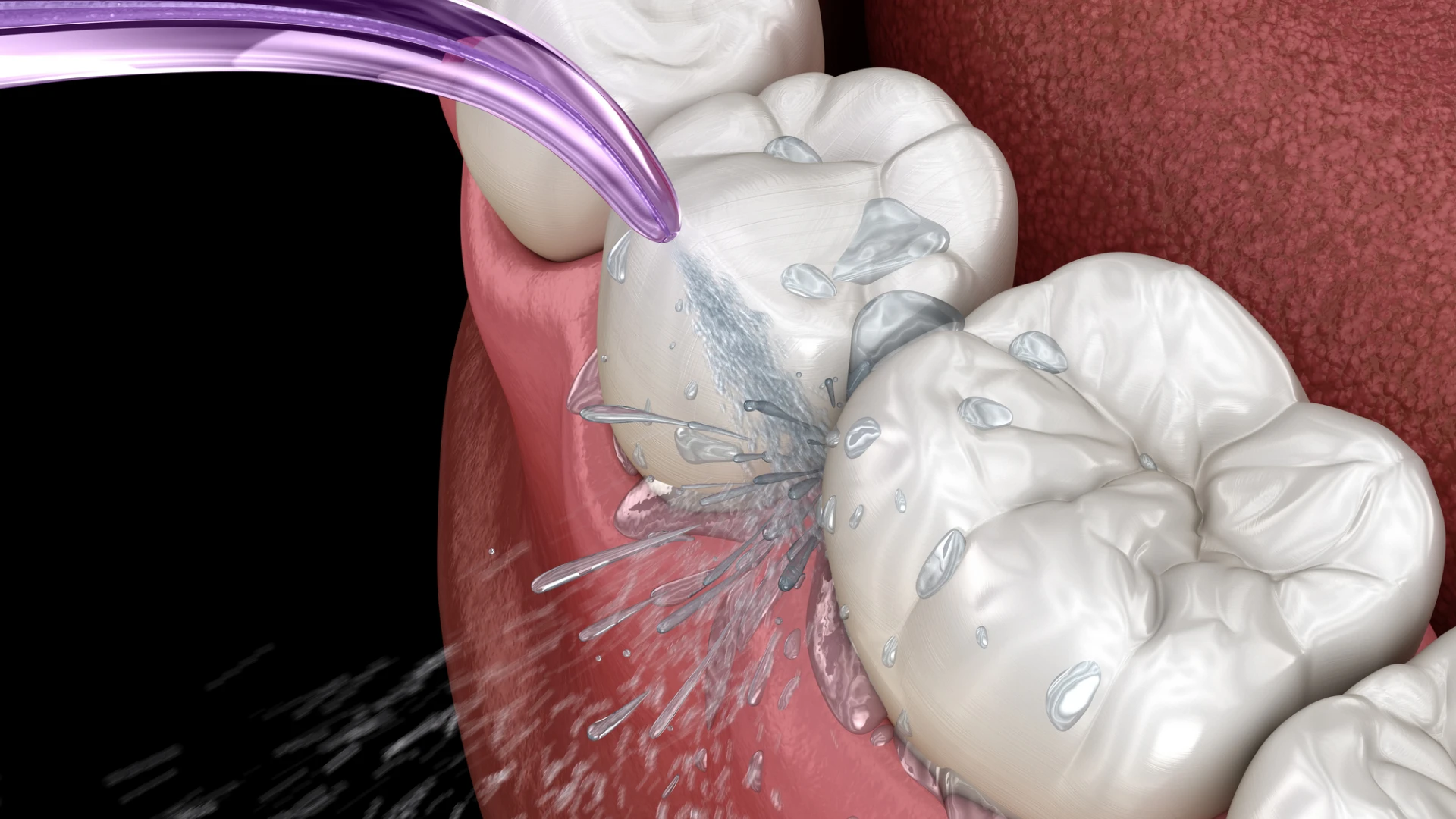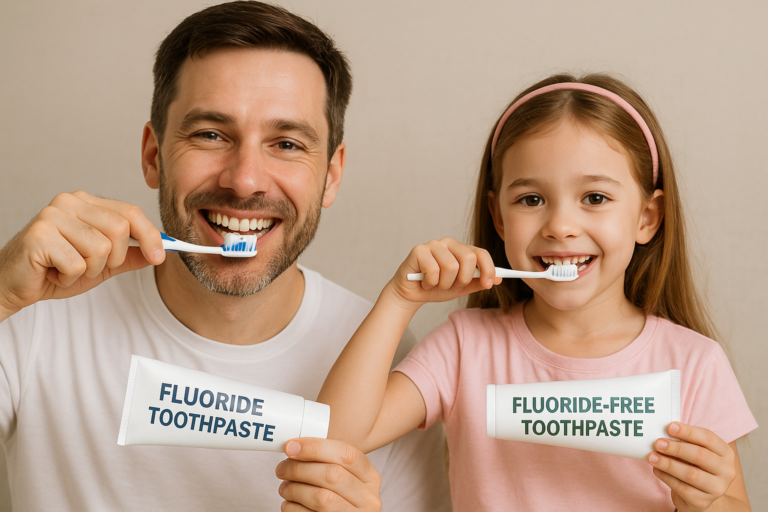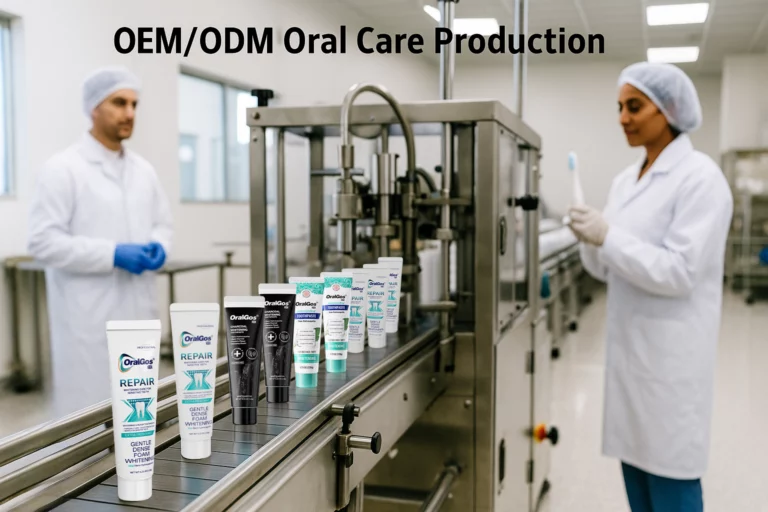Abstract:
This article explores the benefits and effectiveness of water flosser, a dental hygiene tool designed to complement traditional flossing. By examining the history of water flossing, its mechanism of action, types of water flossing, and scientific research, we aimed to understand how water flossing can help improve oral health and compare it to traditional methods of flossing. Evidence shows that water flossing is an effective alternative to traditional flossing, with unique advantages in maintaining oral hygiene.
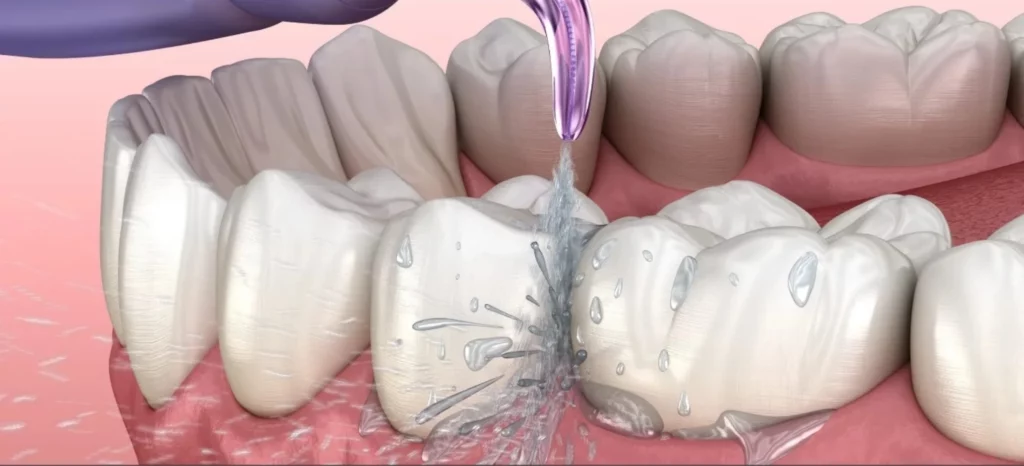
Introduc
Oral health is essential to overall health, and regular dental care is essential to prevent various dental problems. Such as gum disease and tooth decay. Dentists have long recommended traditional flossing as an effective way to remove plaque and debris between teeth and below the gum line. However, many people find flossing to be tedious and challenging to incorporate into their daily routine. To address these challenges, water flossers has become an alternative tool for oral hygiene. This article explores the benefits and effectiveness of water flosser as a promising solution for maintaining oral health.
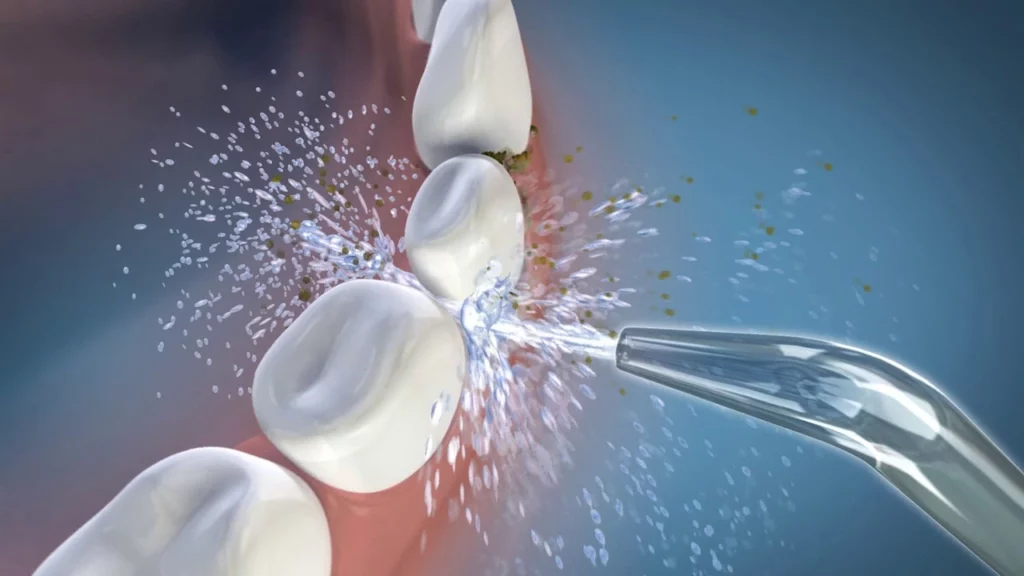
1. History of water flosser:
The concept of water flossing dates back to the early 1960s, when a dentist named Dr. Gerald Moyer and an engineer named John Mattingly collaborated to create the first oral irrigator, called the Waterpik® Water Flosser . Over the years, technological advancements have promoted the development of various types of water flossers to meet different consumer preferences and oral health needs.
2. Mechanism of action:
Water flossing works by using a pulsating stream of water to remove plaque, food particles and debris between the teeth and gums. The device typically has a water reservoir, an electric pump, and nozzles that deliver a jet of pressurized water. The pulsating stream of water breaks down and removes plaque and debris from hard-to-reach areas, making it easier to wash them away.
3. Types of water flosser:
There are two main types of water flossers on the market: benchtop and cordless/portable models. Bench water flossers are bulky and require an electrical outlet, while cordless/portable models use rechargeable batteries. Each type has its advantages and limitations to suit different user preferences and lifestyles.
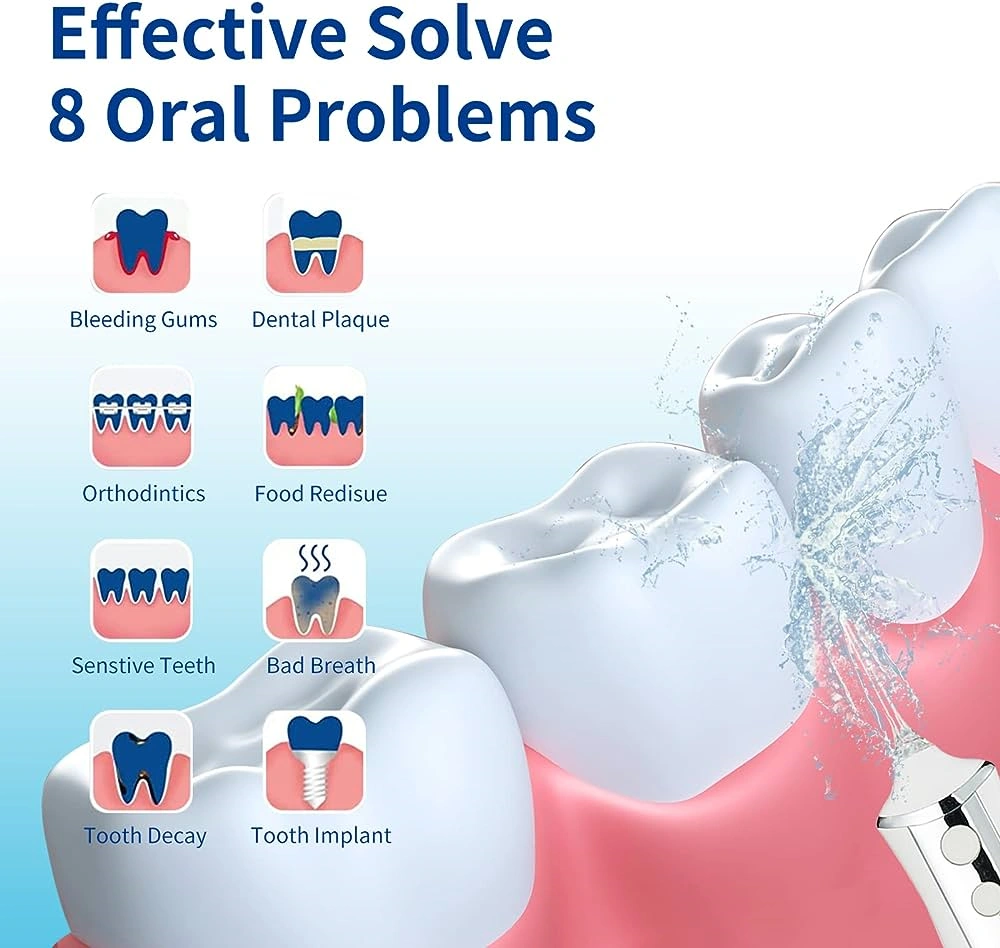
4. Advantages of water flosser:
Easy to use: Unlike traditional dental floss, Water Flosser does not require dexterous manual handling or complicated hand movements, so it can used by people with limited mobility or dexterity issues.
Effectively Removes Plaque: Studies have shown that water flossing is very effective at reducing plaque, especially in areas that traditional floss cannot reach.
Gentle on gums: Water flosser is gentle on gums, making it a better choice for people with sensitive gums or discomfort with traditional flossing.
Reduced Risk of Bleeding: Since water flossers are less likely to traumatize the gums, they may reduce the risk of bleeding gums compared to traditional flossing.
Improves compliance: Due to ease of use and potential for greater comfort, water flossing can encourage better adherence to oral hygiene habits.
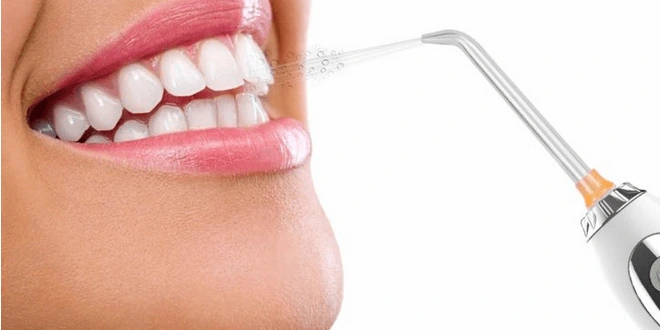
5. The effect of water flosser:
Numerous scientific studies have been conducted to evaluate the effectiveness of water flossing compared to traditional flossing. These studies consistently show that water flossing is as effective as conventional flossing in reducing plaque and gingivitis. Additionally, water flossing found to more effectively reach hard-to-reach areas with traditional flossing.
6. Water flossing vs traditional flossing: Comparison:
While water flossing has many advantages, it must be compared to traditional flossing to make an informed choice. Traditional flossing remains an invaluable and effective tool for maintaining oral health. Factors such as cost, environmental impact, and personal preference play an important role in determining which method is best for individual needs.
7. Recommendations and future prospects:
Based on the evidence presented, water flossing is a viable and effective alternative to traditional flossing. Dentists should consider recommending water flossing to their patients, especially those with dexterous hands or sensitive gums. However, more research is needed to explore the long-term effects of water flossing and to identify specific patient groups that may benefit most from flossing.
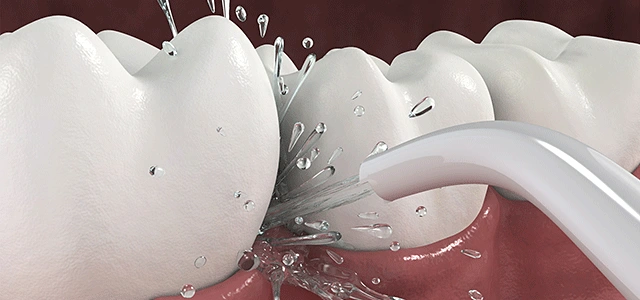
In conclusion:
Water flossing has become a convenient and effective tool for maintaining oral hygiene. Water flossing is easy to use, gentle on the teeth, and has proven effectiveness in removing plaque, making it a promising alternative to traditional flossing. As the dental industry continues to evolve, water flossing may play an increasingly important role in promoting oral health and preventing dental problems.
If you are seeking a reliable OEM partner for water flosser manufacturing, consider partnering with us. We are committed to delivering high-quality products and comprehensive services tailored to your needs.
